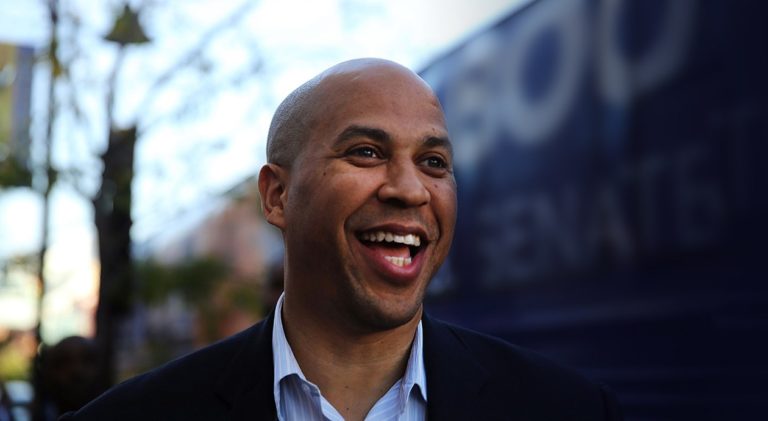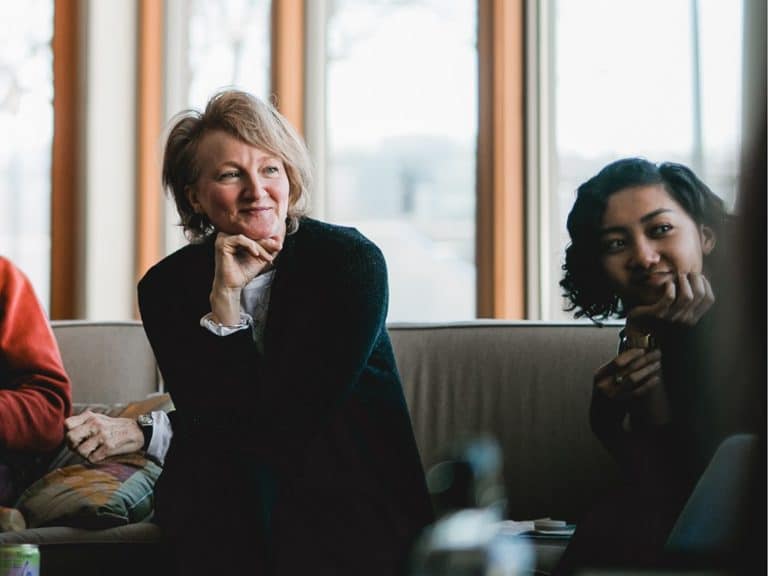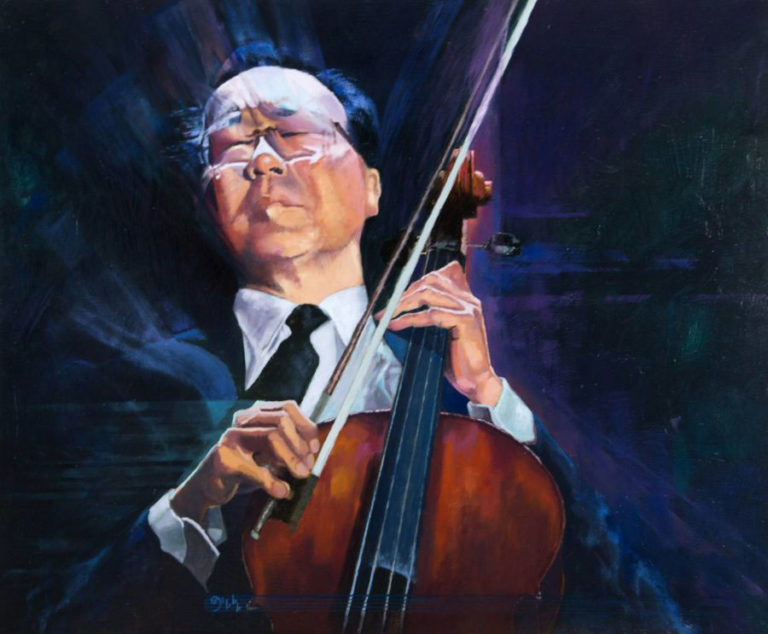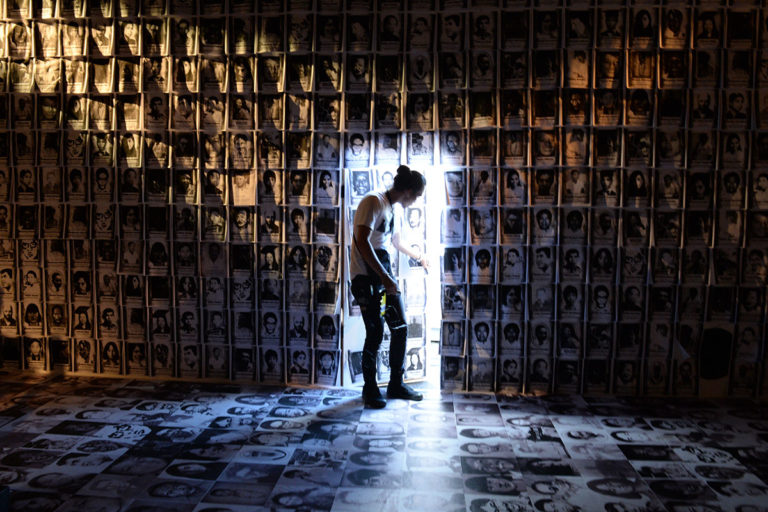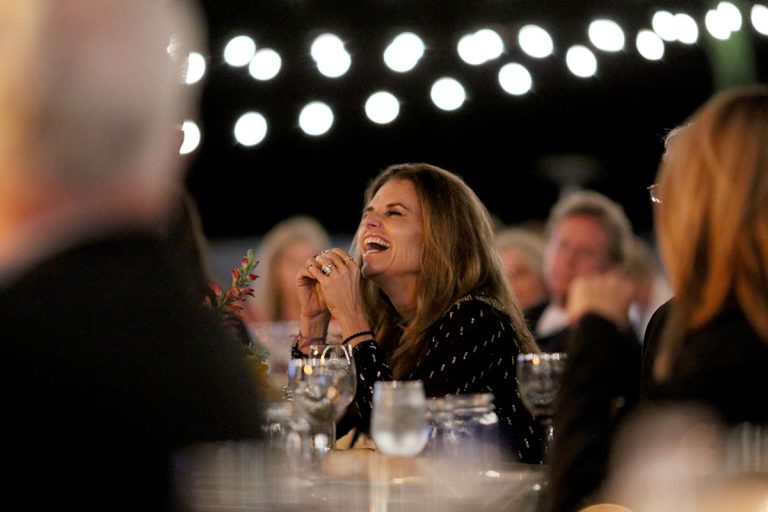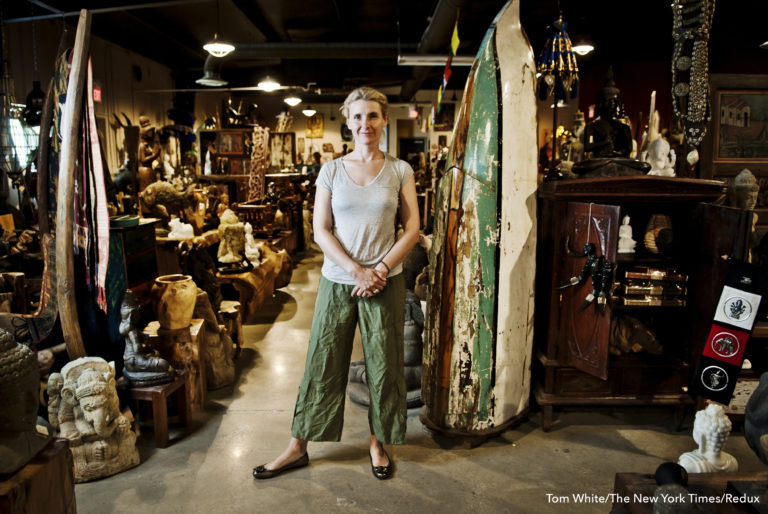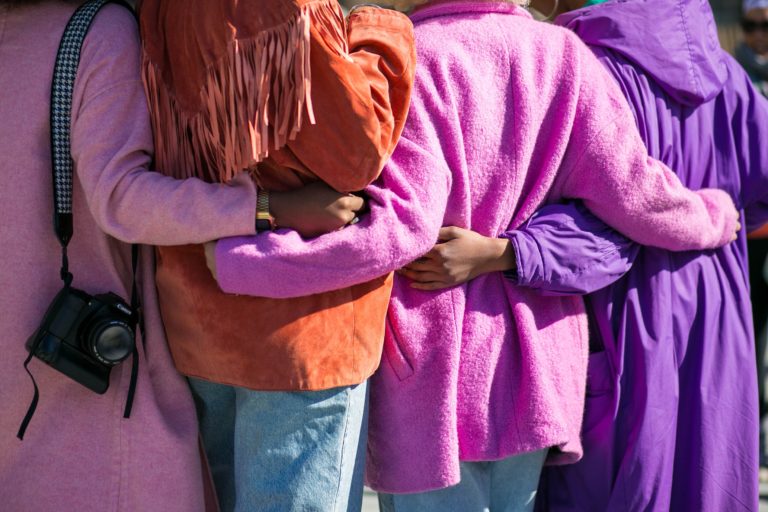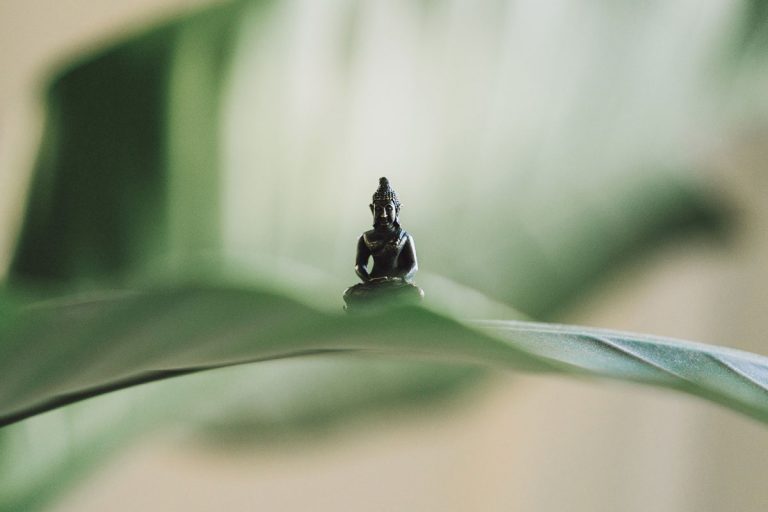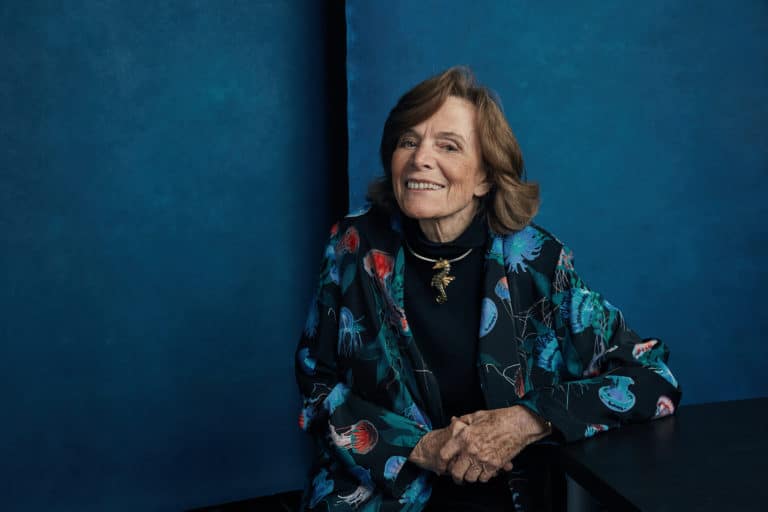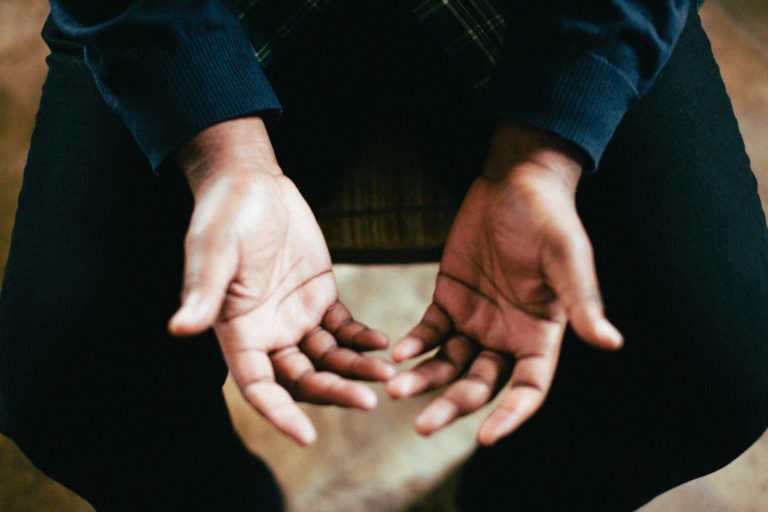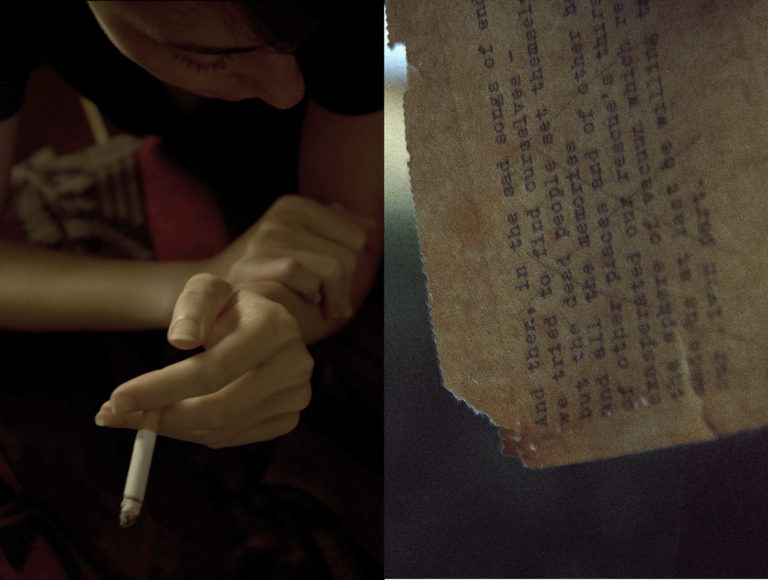August 6, 2018
Living the Questions
How can we embrace vulnerability in ourselves and in our culture?
“The incredible ripple effect of being at peace with our vulnerability in any situation is that it means that you have to develop compassion for yourself.”
On how vulnerability can bring us closer to ourselves and each other.
Living the Questions is an occasional On Being segment where Krista muses on questions from our listening community.





